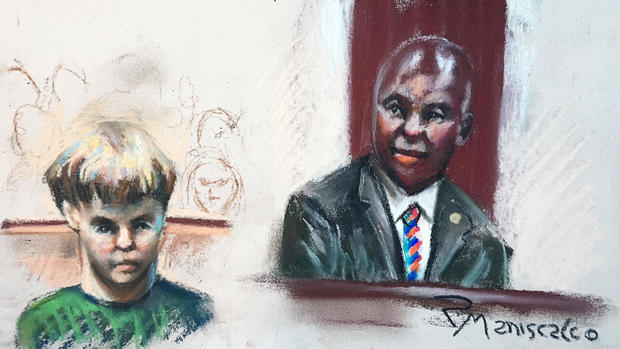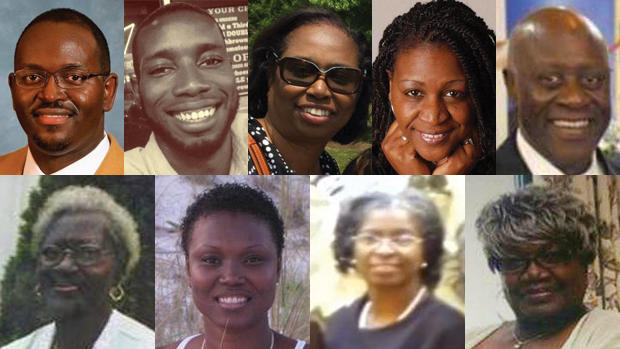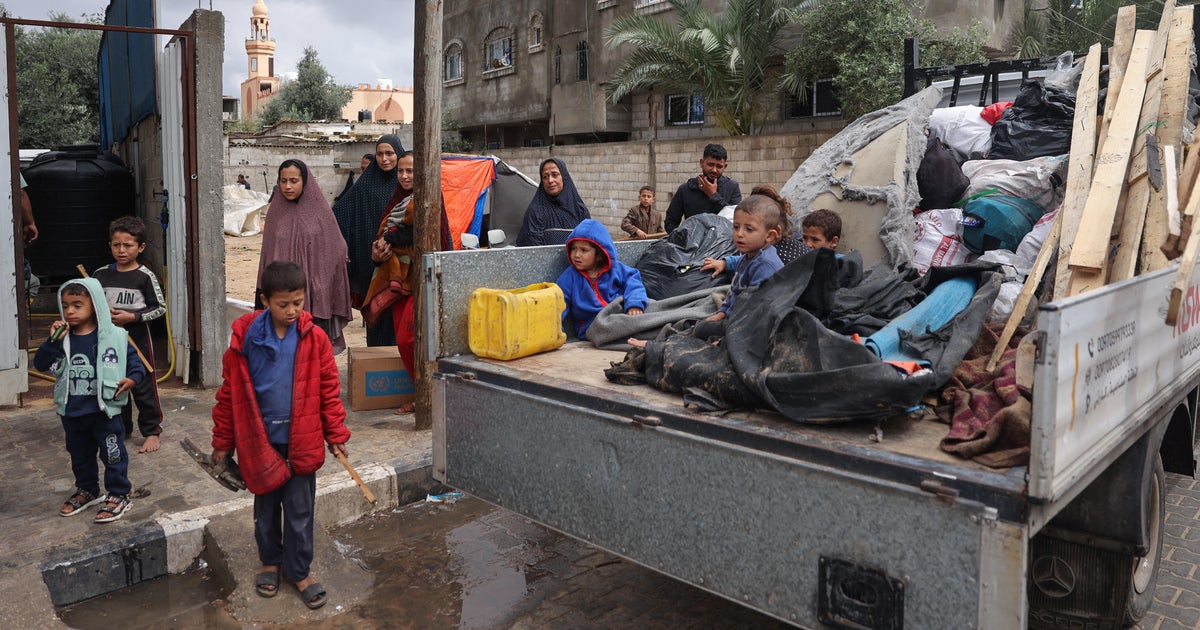Dylann Roof offers no defense against death penalty for Charleston church shooting
CHARLESTON, S.C. - After four days of testimony, prosecutors rested their death penalty case Monday against convicted Charleston church shooter Dylann Roof, calling more than two dozen people during the trial’s penalty phase.
As he promised earlier in the trial, Roof - who is representing himself - rested his case without calling witnesses or presenting any evidence on his own behalf.
Most of the testimony consisted of heartwarming stories about each of the nine people Roof killed in the 2015 attack at Emanuel AME Church. Witnesses also talked about the heartrending tales of loss in the wake of the deaths.
Roof, 22, was convicted last month on 33 federal charges, including hate crimes and obstruction of religion. The same jury that found him guilty has been back in court this month, tasked with deciding if he gets the death penalty or life in prison.
Roof himself has spoken little during the trial. One important thing that he didn’t say to jurors during his opening statement was that he wanted to be spared the death penalty. Instead, he wanted them to know that he believes he is sane.
“My opening statement is going to seem a little bit out of place,” the soft-spoken 22-year-old white man said calmly as he stood in front of a podium, occasionally glancing at notes. “I am not going to lie to you. ... Other than the fact that I trust people that I shouldn’t and the fact that I’m probably better at constantly embarrassing myself than anyone who’s ever existed, there’s nothing wrong with me psychologically.”
Roof’s attorneys have indicated that he chose to represent himself during the sentencing phase of his trial because he was worried they might present embarrassing evidence about himself or his family. They have not said what that evidence may be, but as early as last summer, they had planned to introduce evidence that Roof suffers from a mental illness. Since then, many motions have been filed under seal, purportedly to conceal sensitive information, but it’s likely more details on what lawyers planned to present.
It’s clear, from his own writings, Roof doesn’t believe in psychology. In a journal read in court during his trial, Roof called the specialty “a Jewish invention” that “does nothing but invent diseases and tell people they have problems when they don’t.”
“I want to make it crystal clear I do not regret what I did,” Roof wrote six weeks after the murders. “I do not shed a tear for the innocent people I killed.”
Jennifer Pinckney was the government’s first witness, testifying about the life of her husband, church pastor and state Sen. Clementa Pinckney. She also spoke about the harrowing minutes she spent huddled underneath a desk with her youngest daughter as shots rang out in the next room, unsure if the shooter was coming her way.
Survivor Felicia Sanders, who also gave powerful testimony during the guilt phase of Roof’s trial, wrapped up prosecutors’ case at sentencing, talking about her creative, 26-year-old son, the youngest victim, and his commitment to his faith and Emanuel.
“That night they were getting basic instruction before leaving Earth,” Sanders said. “I did not know that was going to be the life of them.”
U.S. District Judge Richard Gergel says he expects jurors to begin deliberating as early as Tuesday. Later Monday afternoon, Roof, prosecutors and the judge were expected to hash out the jury charge, a set of instructions on the law jurors will receive before they start their discussions.





